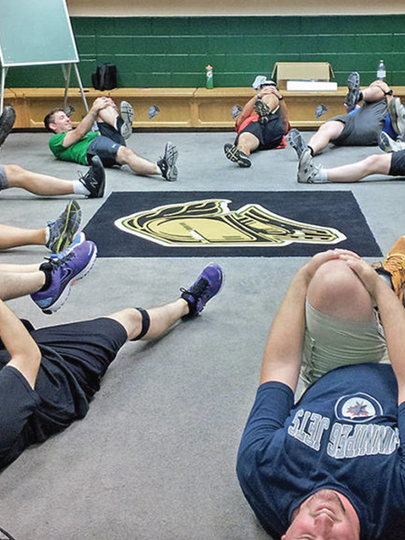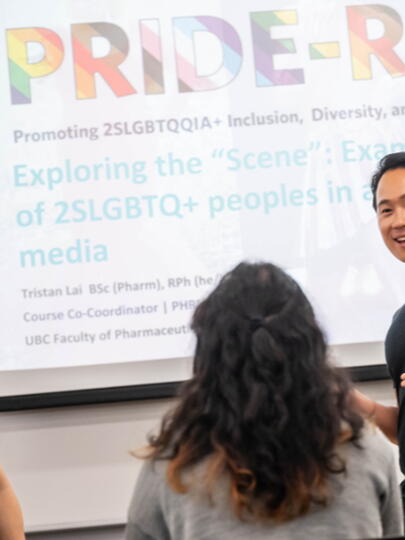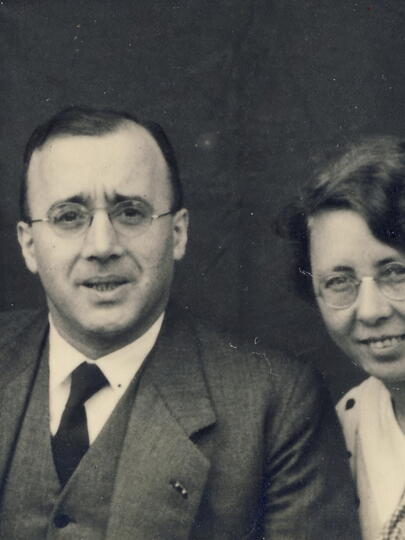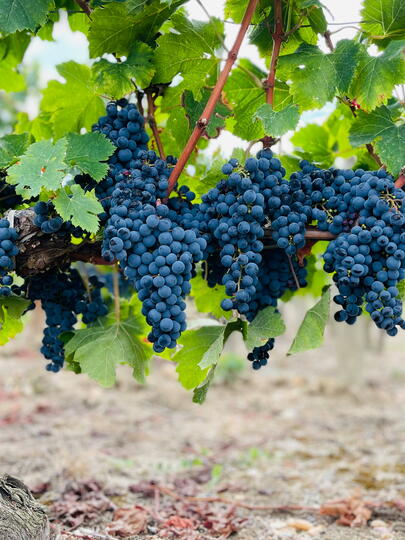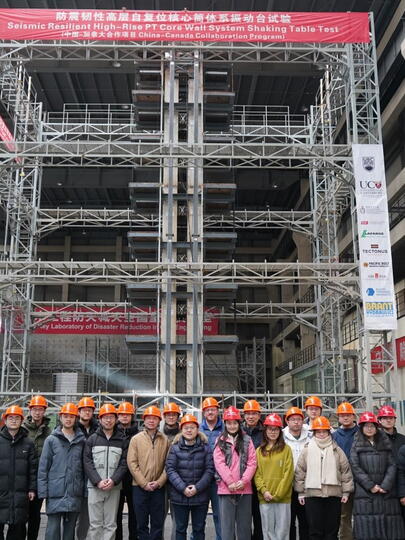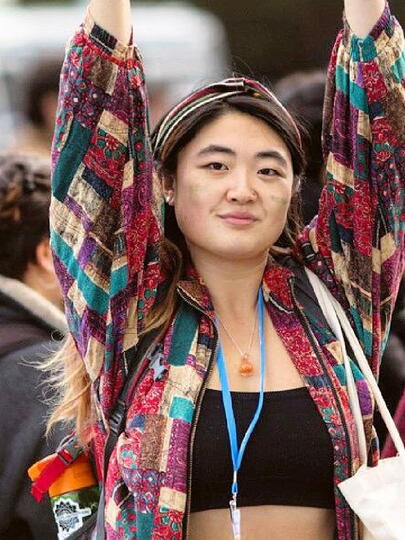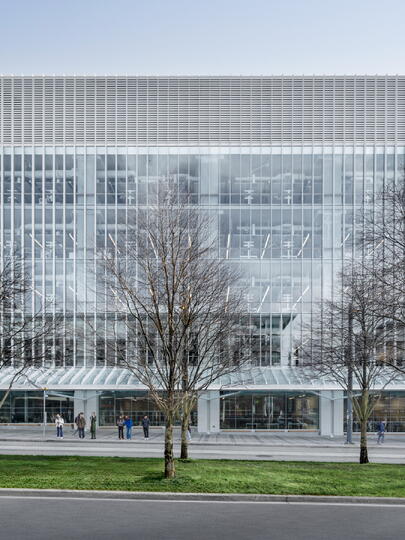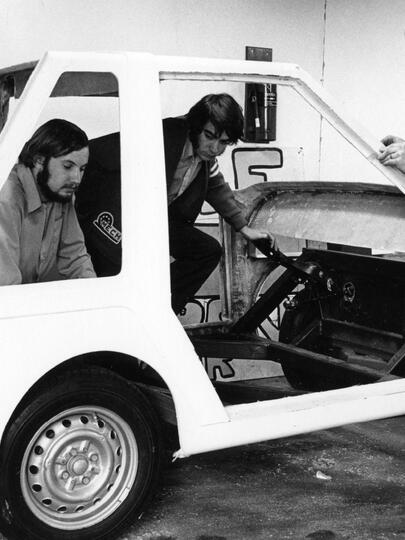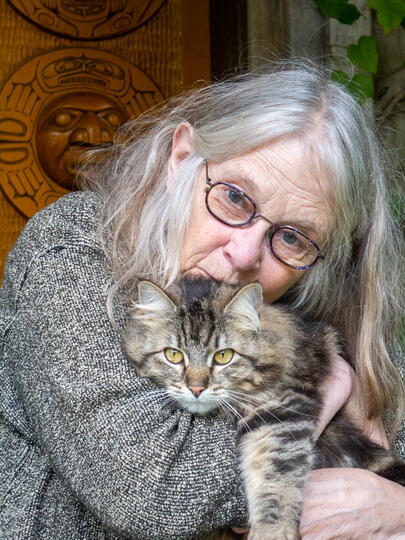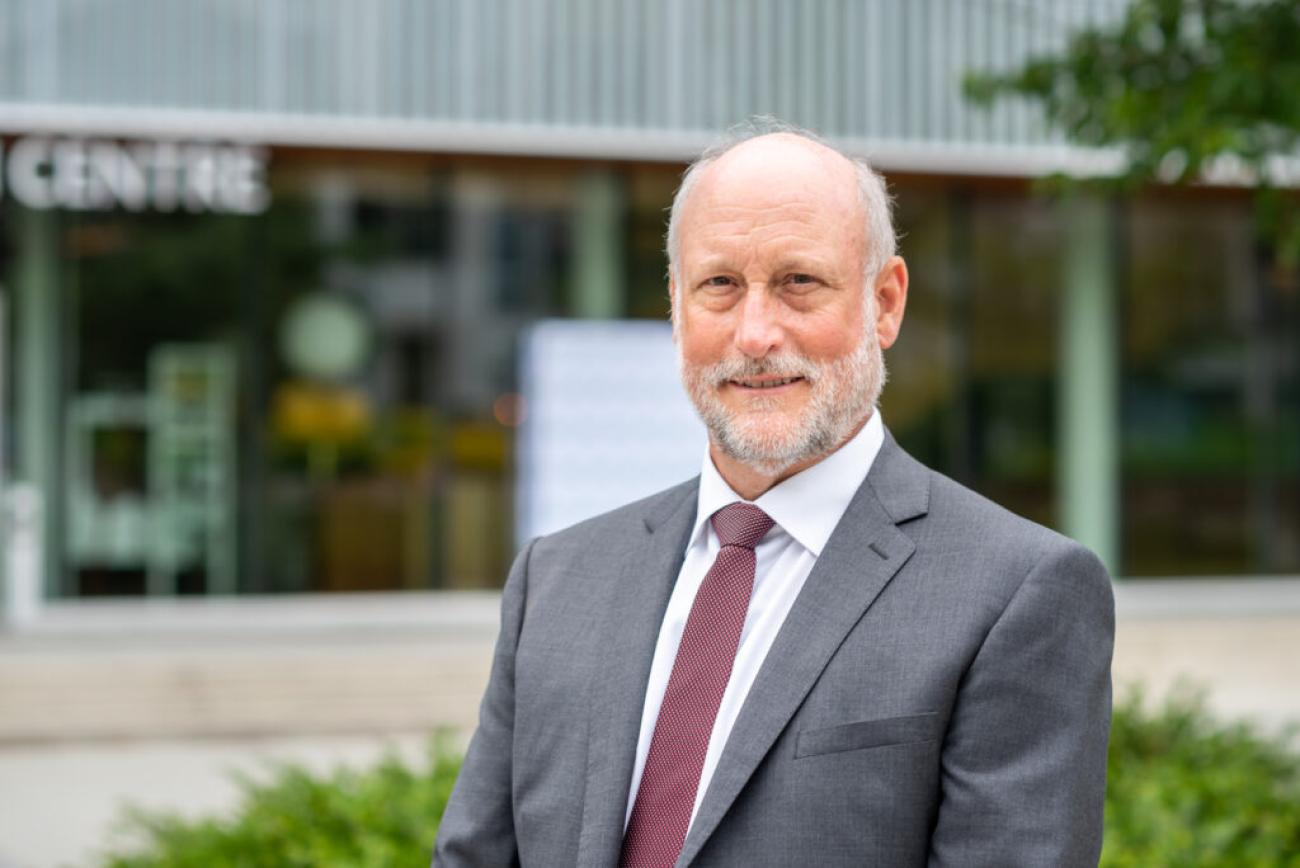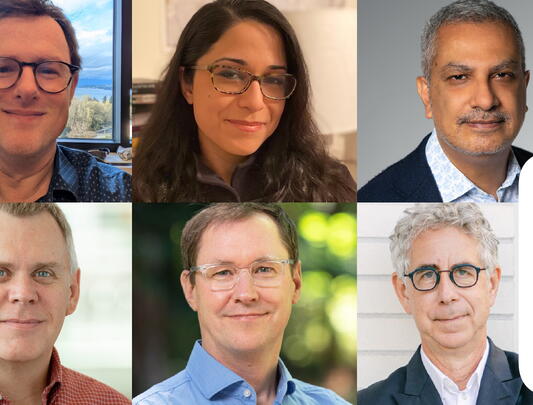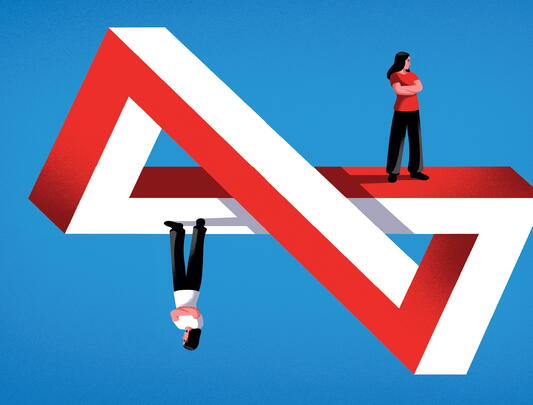A donor inspired by Indigenous entrepreneurship
When Gordon Keep attended the 25th anniversary of the UBC MBA Class of '83, he — along with his former classmates — was determined to give back to the UBC Sauder School of Business.
About This Project
“We were looking for something meaningful to create — a gift from our class to UBC Sauder,” said Keep, CEO of Fiore Management & Advisory Corp, a financial advisory company that works in the natural resources sector.
“Specifically we wanted to support a program that would fit with us and our values.”
And then, he had a breakthrough. Keep’s professor and mentor at UBC Sauder, John D. Claxton, introduced him to a project that offered an impactful and transformative opportunity the benefits of which would be valued by many community members.
Claxton, now a Professor Emeritus at UBC Sauder, was at the time laying the foundational blocks of the Ch’nook Indigenous Business Education Centre, a joint initiative between the UBC First Nations House of Learning and the UBC Sauder School of Business.
The one-of-its-kind initiative was preparing to train Indigenous students in management and entrepreneurship so they can explore career opportunities and build a sustainable economic future for communities in British Columbia and beyond.
Claxton told Keep that funding this project would lift it off its feet and help it accomplish the mission.
Keep got to work and started sourcing potential funders. “I was connecting John with people from large resource companies, chairmen and other CEOs in Vancouver, to help them recognize the benefits of funding the program,” recounted Keep.
That was more than a decade ago in 2008. Since then, Keep has continued and deepened his support for what is now an up-and-running and successful initiative called the Ch’nook Aboriginal Management Program.
Proud to support the Aboriginal Management Program
Keep is a long-time supporter of the Aboriginal Management Program (AMP), a unique offering at Ch’nook that focuses on promoting sustainable economic development in Indigenous communities.
He has contributed advice and expertise, as well as by generously providing funds that help students to enrol into the AMP. While the confidence of Professor Claxton, his mentor, gave him the initial inspiration to support the program, Keep’s continued support to this day stems from his conviction that engaging with Indigenous communities — especially in the natural resource field — is fundamental to doing business in the country.
“If you’re in the resource industry in Canada, you’re going to engage with a First Nation community somewhere in the equation. It’s impossible not to,” said Keep.
He strongly believes that community members should be empowered to take ownership of their decisions. And programs like AMP build human capital and equip them with the relevant knowledge and skills, especially when working and negotiating with companies.
Fuelling Indigenous entrepreneurship
With the support of allies like Keep, the AMP is empowering Indigenous talent with the tools to create economic opportunities.
It’s also nurturing Indigenous entrepreneurs like Jenilee McDonald.
Currently enrolled in the AMP, McDonald runs Dream Work Creations — an artisanal platform that sells handcrafted dream catchers and other art work. She said that the AMP has given her entrepreneurial spirit a confidence boost.
“I knew I wanted to be my own boss but I had doubts I didn’t have the education or knowledge to support my dream. The AMP program gave me the confidence and the knowledge to move forward in my business venture,” said McDonald, who is from the St’at’imc Nation, also known as Lillooet.
While the program has given her the confidence to excel at her business, McDonald credits the scholarships available at the program for making it possible for students to enrol.
Kristin Smart, Program Manager at Ch’nook who oversees AMP, said help from funders ensures that the program is within reach for many students.
“Many of our participants fly in from remote regions from across the province and the costs of travel and accommodation alone, during the program, can often be an insurmountable barrier,” explained Smart. “We are grateful for the ongoing support of Gordon whose work has led to transformative educational experiences for community champions who otherwise may not have had this opportunity.”
“The largest feedback one can get about the program is to go to the graduation ceremony and just see how much pride, love, support there is in that room. It’s amazing to be there — the power of positivity in that event is heart-warming and encouraging. If it can sustain itself, it will snowball into something bigger.”
mpowering through education
Earlier this year, McDonald completed a commission of Indigenous art for Delta Hotels in Kamloops — a total of 462 dream catchers that she crafted decorate 154 hotel rooms. She now wants to scale her business — incorporate her Indigenous roots more deeply into her art and one day design a welcoming storefront that displays her artwork.
McDonald said enrolling in the AMP was a stepping stone in that direction: “Education is key to becoming a successful business owner.”
Gordon Keep too believes in the value of transformative education. He describes the graduation ceremony of the AMP students at UBC Longhouse as a moment that underscores the program’s success and celebrates the huge support of the community.
On June 14 2019, that love and support will be demonstrated once again as 15 students graduate from the Aboriginal Management Program. Geared with rigorous training and with generous support from alumni like Keep, the graduates will turn their knowledge into meaningful solutions that have a lasting impact on their communities.
Need Help?
Phone 604.827.4111 or toll-free in North America 1.877.717-GIVE
Charitable business # 10816 1779 RR0001
Frequently asked questions about giving to UBC


